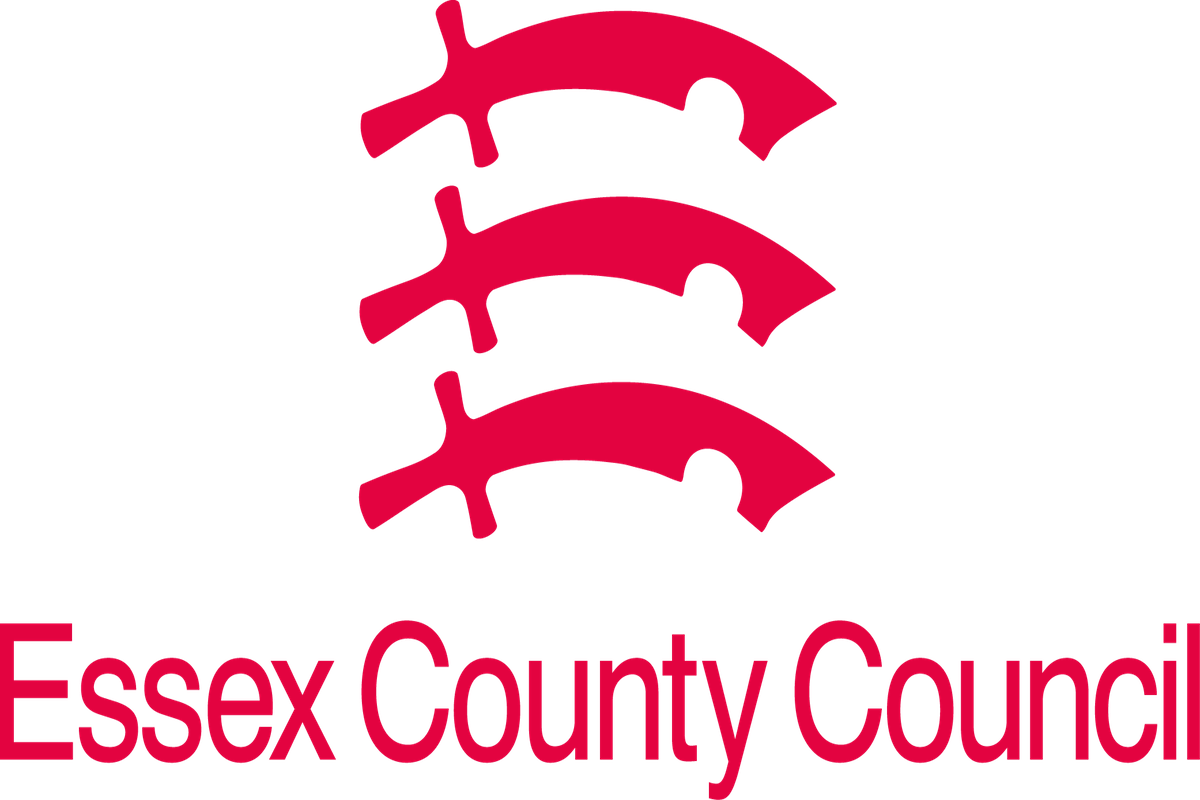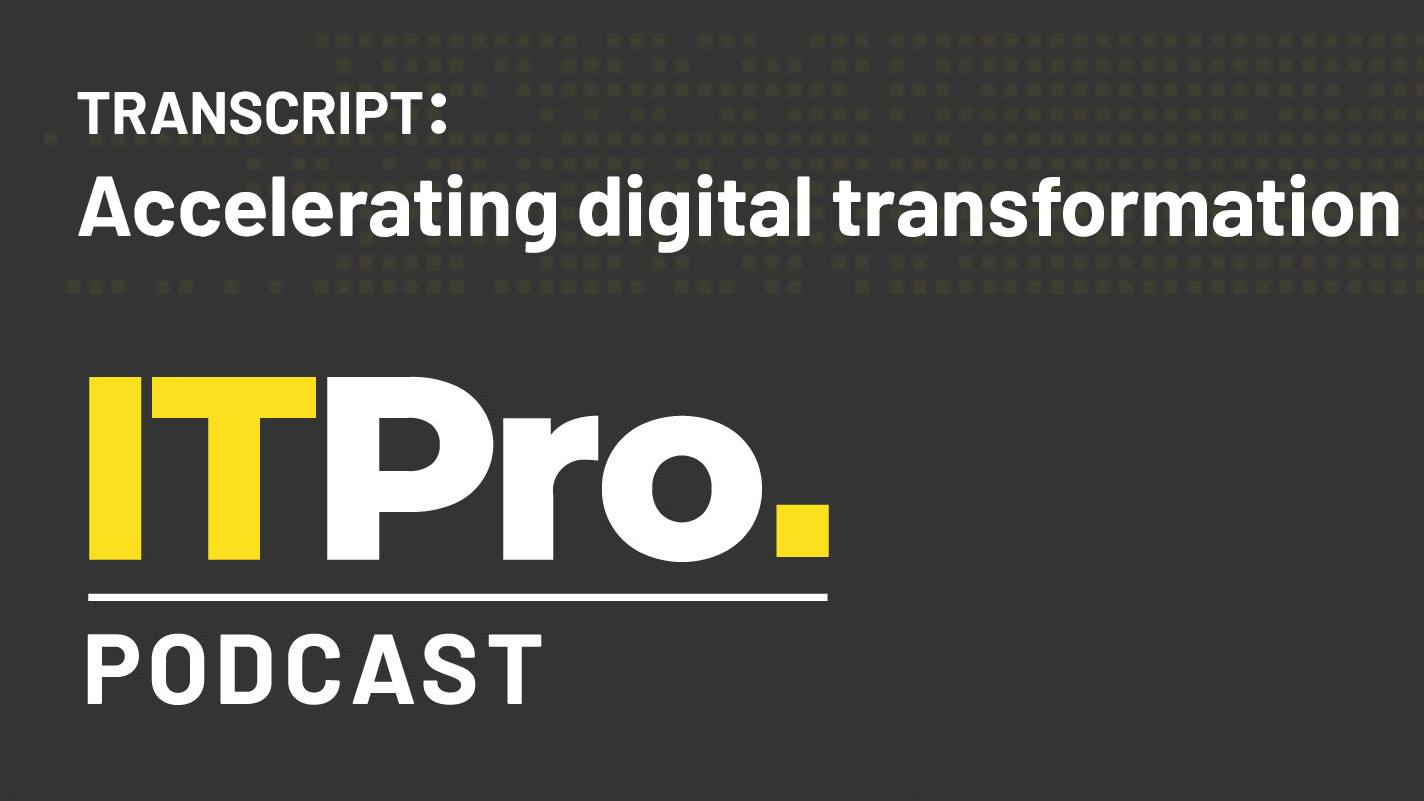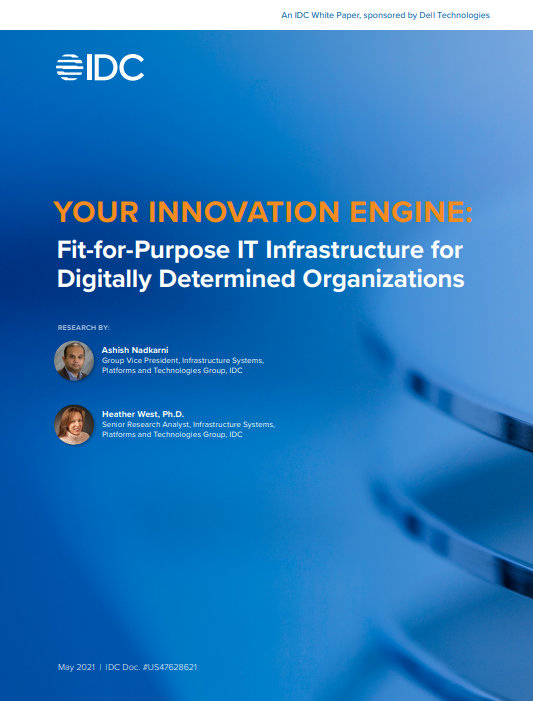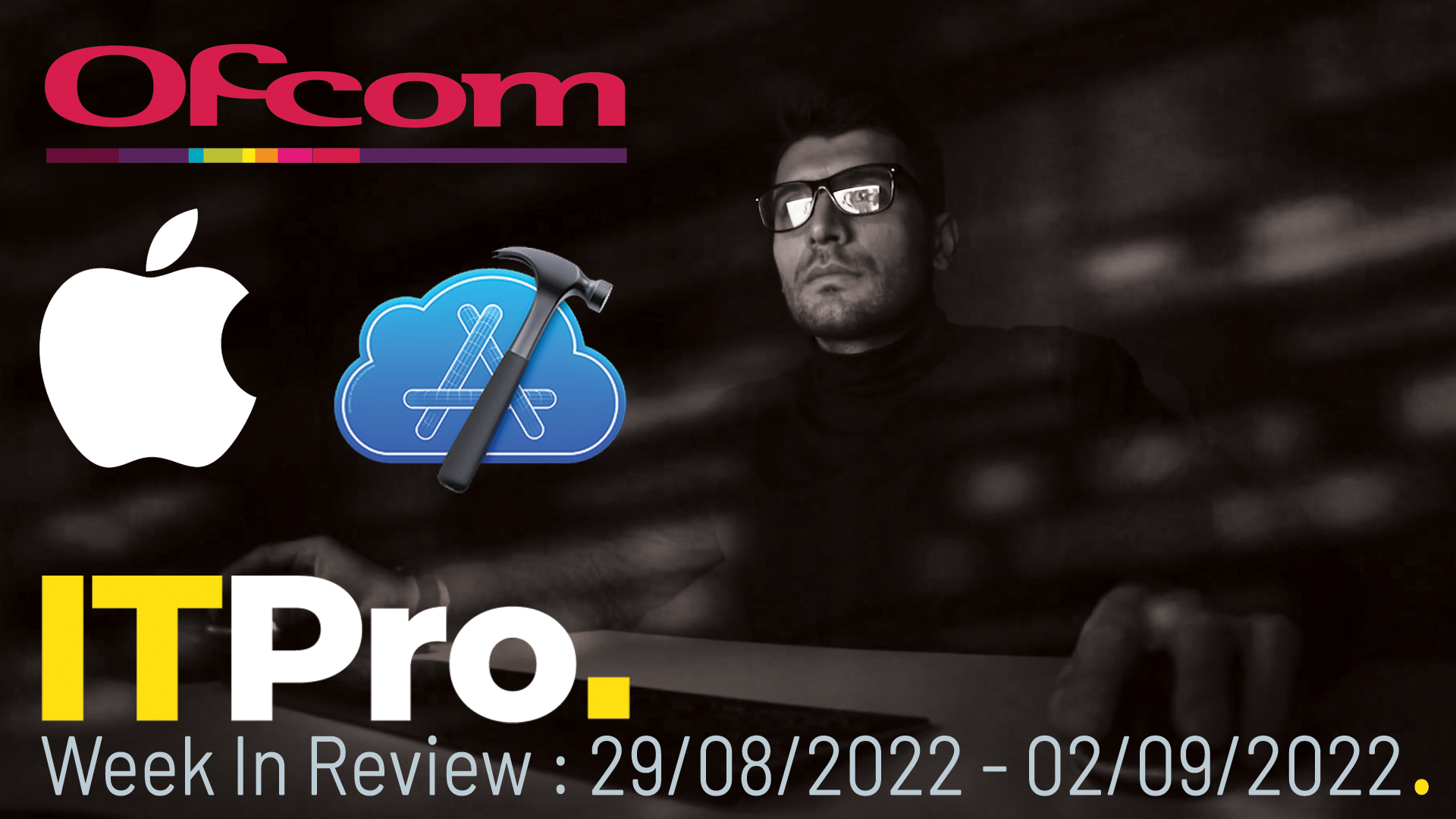How Essex is preparing to become one of the smartest councils in the country
CIO David Wilde explains the Smart Essex strategy and makes a plea to GDS

Essex County Council is finally reaching the end of one of its longest journeys; six years ago, the council began its mission to the cloud, and it is now only 12 to 18 months away from getting there.
David Wilde put the strategy for that plan together as CIO of the council, and six years on, he is still at the organisation but with an even wider remit, which encompasses the strategy and ownership of housing, heritage, culture and arts, adult community learning and skills, and place services amongst others. He is responsible for 1,100 staff and a 150m budget, as well as generating 40m per annum income back to the council.
The wider remit has got Wilde thinking about how digital can influence each of the different areas that he now looks after, and as the cloud transformation project nears its end with Microsoft Office 365 to be installed later this year a new project dubbed Smart Essex has been set in motion.
There are five stands to the strategy; the first is Smart Movement which is focused on helping to move people, freight and data around the county. Wilde gives the example of putting IoT hardware on all of the council's street furniture and deploying different apps onto it. This would include apps for environmental monitoring, dynamic traffic monitoring and congestion management.
The council has also been working on a proof of concept for total transport', Wilde explains.
"People look at Uber and say it won't work in the countryside, but you have a lot of people going from A to B whether that's neighbours going back and forth or public health transport or commercial transport, and we're looking into building a solution that can enable you to tap into a full range of transport options," Wilde explains.
"We want to unlock all of the choices people have to help them move around in the rural environment more easily without it costing the taxpayers more money," he adds.
Get the ITPro daily newsletter
Sign up today and you will receive a free copy of our Future Focus 2025 report - the leading guidance on AI, cybersecurity and other IT challenges as per 700+ senior executives
Another element of the strategy is Smart Places; the council has a demand of 130,000 new houses over the next 15 years, and Wilde says it wants to future-proof these homes by "making sure that digital is designed into those developments".
On a basic level this means implementing fast broadband connections so that people can work remotely from home and elderly people can have a better quality of life by being able to access digital technologies. But beyond that it could be about introducing local autonomous transport services, and ensuring that retailers of the future can use digital technologies to ensure they aren't faced with the same challenges as many of the shops on the high-street are today.
Other parts of the strategy include sustainability and streamlining services, while Smart Lives focuses on how digital could be used to reshape services around adult social care and domiciliary care.
"It's about taking things like the Amazon and John Lewis experience and applying that to social care organisations it could mean delivering a better quality of experience, some of which could be state funded, and some that people would be happy to pay for if they know it improves their quality of life," says Wilde.
Smart Learning, meanwhile, focuses on encouraging citizens to continue to learn throughout their lives.
"Learning is something you have to do throughout your life and the UK doesn't do this as well as Asia Pacific or the US. Over here, there is a tendency for people to go through the education system and then into work and not do their own self-learning or professional development, so this is about using digital to unlock things like adult community learning," he says.
The Smart Essex strategy is still very much in the early stages but Wilde emphasises that these aren't just futuristic descriptions of impossible ideas, but rather tangible plans that are being explored.
A plea to GDS
There have been dozens of departures at the Government Digital Service over the last few years, with the latest senior executive being chief technology officer Andy Beale who stood down earlier this month.
But Wilde believes that there has always been turnover of staff at GDS and its predecessors such as DirectGov, and hopes that the positive work that GDS has accomplished over the years continues.
But he says that the jury is out on how much the changes will have an effect on bringing Government-as-a-Platform (GaaP) into reality.
"Local government is absolutely going down [the GaaP] line now, and my ongoing plea to central government is that we're doing stuff too, and we have being doing it for as long [as central government], and the austerity challenges we've been through over the last few years has probably forced us to move faster," he says.
"We are happy to share and open to share and we're keen to do so so let's do this and get GaaP, ubiquitous services and integration with digital and social, let's do it together - that would be quite nice," he says.
For years, GDS has been looked at as the organisation that is aiming to do things in new ways which are future-proof. However, it isn't alone anymore, as local government organisations like Essex are starting to think in the same way. Hopefully GDS and local government can finally work together particularly as many of their ultimate aims are the same.
-
 Bigger salaries, more burnout: Is the CISO role in crisis?
Bigger salaries, more burnout: Is the CISO role in crisis?In-depth CISOs are more stressed than ever before – but why is this and what can be done?
By Kate O'Flaherty Published
-
 Cheap cyber crime kits can be bought on the dark web for less than $25
Cheap cyber crime kits can be bought on the dark web for less than $25News Research from NordVPN shows phishing kits are now widely available on the dark web and via messaging apps like Telegram, and are often selling for less than $25.
By Emma Woollacott Published
-
 Protecting CIOs' IT budgets is "paramount" in maintaining business growth
Protecting CIOs' IT budgets is "paramount" in maintaining business growthNews If CIOs are forced to make emergency budget cuts, they should also explain the risks to high level stakeholders so the responsibility is shared
By Zach Marzouk Published
-
 The IT Pro Podcast: Accelerating digital transformation
The IT Pro Podcast: Accelerating digital transformationIT Pro Podcast Implementation is just as important as the value of change
By IT Pro Published
-
 Podcast transcript: Accelerating digital transformation
Podcast transcript: Accelerating digital transformationIT Pro Podcast Read the full transcript for this episode of the IT Pro Podcast
By IT Pro Published
-
 Fit-for-purpose IT infrastructure for digitally determined organisations
Fit-for-purpose IT infrastructure for digitally determined organisationsWhitepaper Your innovation engine: Guiding organisations through change in the new digital economy
By ITPro Published
-
 IT Pro News in Review: CIOs face a challenge, Ofcom's telecom fines, Apple expands Xcode
IT Pro News in Review: CIOs face a challenge, Ofcom's telecom fines, Apple expands XcodeVideo Catch up on the biggest headlines of the week in just two minutes
By IT Pro Published
-
 CIO role has 'drastically changed' over last 24 months, says Lenovo
CIO role has 'drastically changed' over last 24 months, says LenovoNews Globally survey suggests chief information officers have greater influence over their company now the role has expanded beyond technology
By Bobby Hellard Published
-
 How can CIOs help to close the tech skills gap?
How can CIOs help to close the tech skills gap?In-depth The most well-equipped IT leaders can take a number of practical steps to close the divide within their organisations
By Rene Millman Published
-
 What is a virtual CIO (vCIO) and does your business need one?
What is a virtual CIO (vCIO) and does your business need one?In-depth With tech skills in short supply, organisations are turning to temporary expertise to see through critical digital transformation projects
By Mark Samuels Published